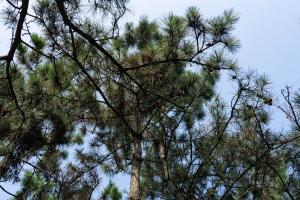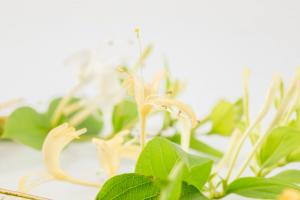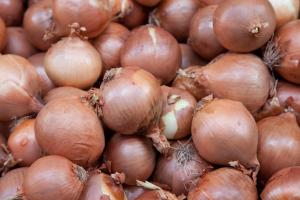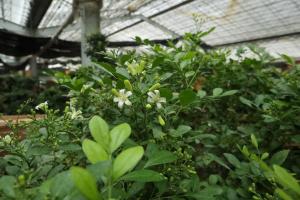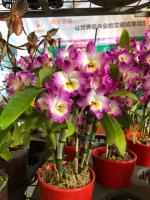How to Care for Potted Poinsettia Plants
Poinsettia plants are popular indoor holiday decorations that bring a festive touch to the homes. However, they require proper care to maintain their beauty and keep them healthy. Here is a guide on how to care for potted poinsettia plants:
Provide Adequate Light
Poinsettias require bright, indirect light to thrive, but direct sunlight can damage the leaves and make them wilt. Place the plant near a window that receives sunlight for no more than six hours a day, or under a fluorescent light for at least six hours daily, keeping the plant about 2 feet away from the light source. Avoid placing poinsettias near drafts or cold temperatures, which can cause the leaves to drop.
Water Frequently
Poinsettias require moist, but not waterlogged soil. Water the plant when the surface of the soil feels dry to the touch, but avoid overwatering, which can cause root rot. Check the drainage tray to make sure there is no standing water, which can soak the roots, and remove any excess water. Avoid getting water on the leaves, as this can cause disease or fungus growth. As a rule of thumb, a poinsettia needs about six ounces of water per day per every six-inch pot.
Maintain Proper Temperature and Humidity
Poinsettias grow best in temperatures between 60-70 degrees Fahrenheit, so avoid exposing the plant to temperatures below 50 degrees Fahrenheit. Keep the plant away from heating vents and sources of hot or cold air. Poinsettias also require humid air, so mist the leaves regularly with a spray bottle or place the pot on a tray of wet pebbles.
Fertilize Occasionally
Poinsettias are light feeders, so they do not require excessive fertilizer. Apply a balanced fertilizer only once a month from January to September, but avoid fertilizing the plant during the blooming season, as this can disrupt the flowering process.
Prune Only When Necessary
Removing dead or yellow leaves may be the only pruning required for a poinsettia. However, if the plant is getting too leggy, or when it starts to drop leaves after blooming, you may prune it back after the blooming season. This will encourage new growth and help the plant to produce fuller foliage in the next season.
Conclusion
Poinsettia plants are beautiful and easy to care for when given the right conditions. By providing the right amount of light, water, temperature, and humidity, and fertilizing when necessary, you can keep your potted poinsettia healthy and thriving throughout the holiday season and beyond.

 how many times do yo...
how many times do yo... how many planted tre...
how many planted tre... how many pine trees ...
how many pine trees ... how many pecan trees...
how many pecan trees... how many plants comp...
how many plants comp... how many plants can ...
how many plants can ... how many plants and ...
how many plants and ... how many pepper plan...
how many pepper plan...